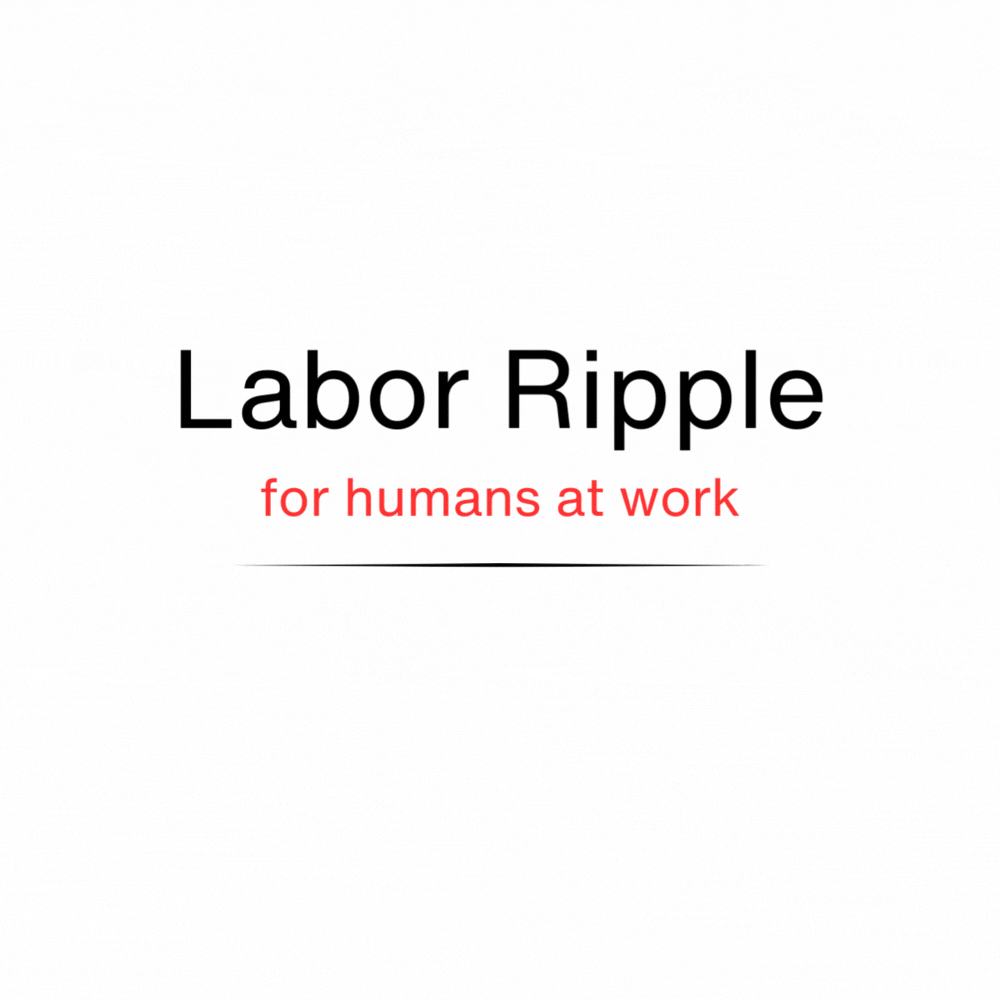Highlights from the SHRM Employee Benefits Survey 2024

The 2024 SHRM Employee Benefits Survey highlights significant trends and shifts in employee benefits, reflecting the evolving priorities of both employers and employees. This year, the survey emphasizes the importance of health care, flexible work, and family care benefits, while also noting changes in professional development and financial wellness offerings. A few observations from the survey placed in categorical buckets are as presented below..
Health Care and Family Care Benefits
Health care remains a top priority, with 88% of employers considering it “very important” or “extremely important” for their workforce. Family care benefits, although slightly less prioritized, have seen significant developments in recent times as a shift in focus in priorities is being observed in the developing households consisting of, in an ever increasing way white collared services. The survey indicates a rising demand for on-site lactation rooms, influenced by the federal Providing Urgent Maternal Protections (PUMP) for Nursing Mothers Act. However, other child care support, such as on-site child care centers, remains limited.
Flexible Work Arrangements
Flexible work continues to be a critical area, with 70% of employers valuing it highly. Hybrid work models are increasingly common, offered by 63% of employers, a slight rise from last year. Despite this, there is a notable pullback in at-home work equipment subsidies, now provided by only 56% of employers, down from 62% in 2022. This trend may reflect budget adjustments as companies navigate post-pandemic realities.
Professional and Career Development
Professional development remains essential, especially in the context of rapid technological advancements and the integration of AI in the workplace.. Formal training to maintain current skills and upskilling initiatives are prevalent, supported by 82% and 80% of employers, respectively. However, there is a slight decline in the overall emphasis on professional development, down to 65% from 67% last year. This area will be critical to watch as employers balance immediate workforce needs with future skill requirements
Financial Wellness and Additional Benefits
Financial wellness benefits are also evolving.. While traditional retirement planning advice is less commonly offered, there is an uptick in non-retirement financial advice and credit counseling services. This shift highlights a broader approach to employee financial health beyond retirement planning. Moreover, unique benefits like pet health insurance are becoming more popular, reflecting changing demographics and lifestyle preferences.
Future Outlook
Looking ahead, employers must adapt to the aging workforce, with elder care becoming increasingly significant. Despite the high costs and challenges associated with elder care, only a small fraction of employers offers relevant support, potentially risking employee retention. The report suggests that employers might need to expand benefits in this area to address the growing demands of an aging population. In conclusion, the 2024 SHRM Employee Benefits Survey underscores the necessity for employers to continuously adapt their benefits strategies to meet the changing needs of their workforce, balancing immediate needs with long-term trends in health care, flexible work, professional development, and financial wellness.





